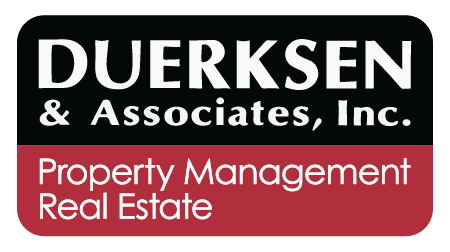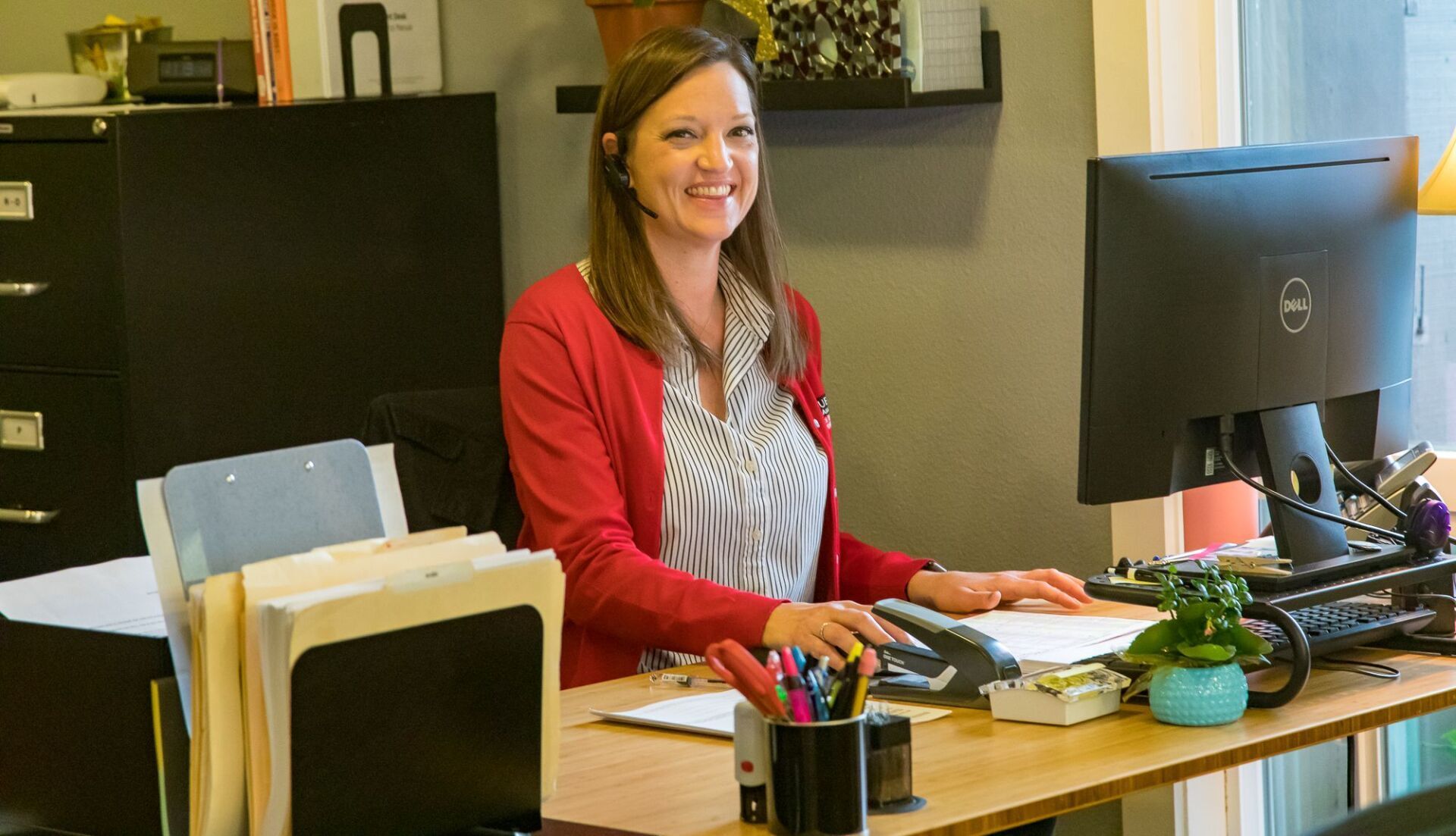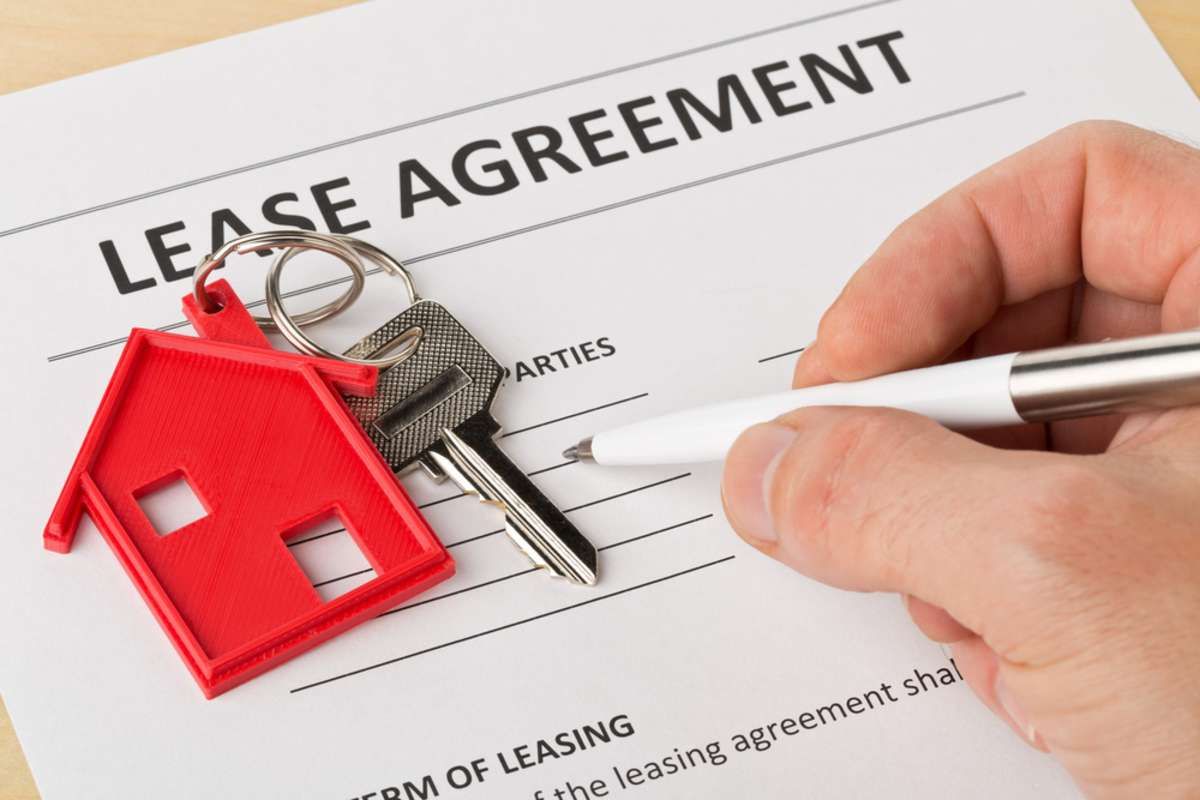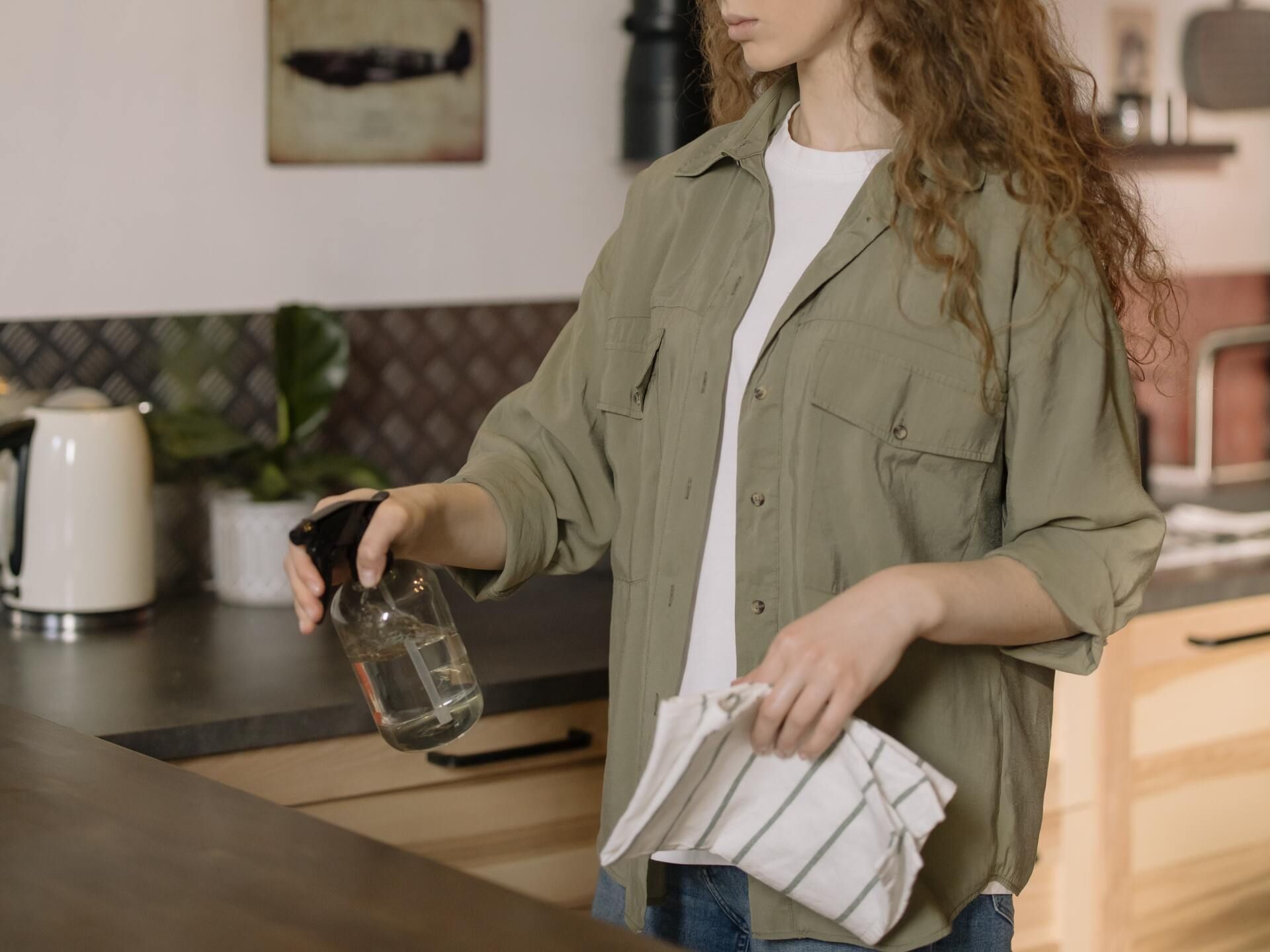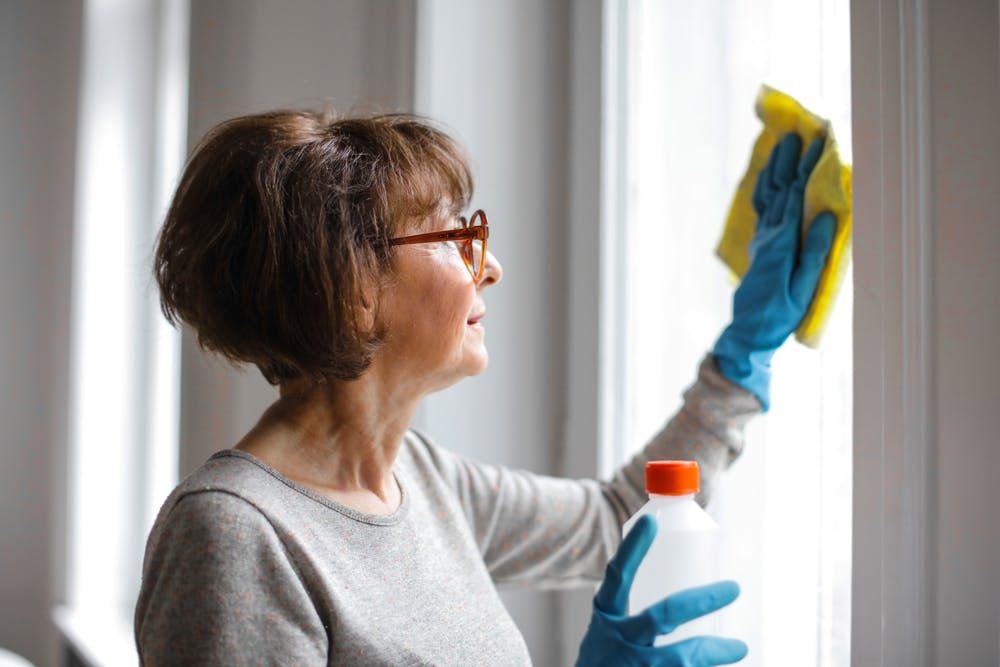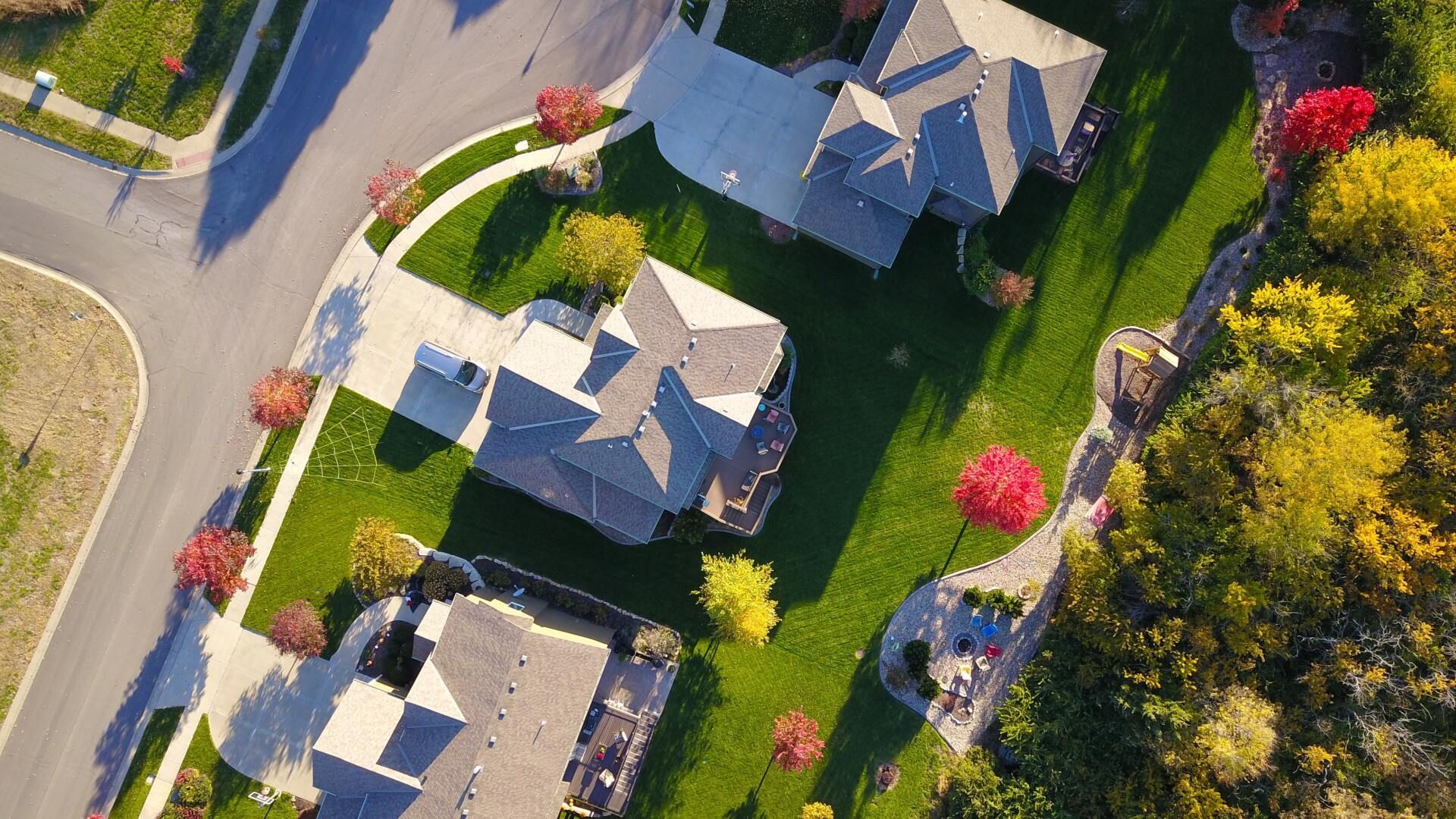Duerksen & Associates, Inc.'s Blog
Stay Connected with Our Blog:
Recent Posts

The difference between a successful investment property and one that is failing, seems to be determined by consistency. Successful property inventors are consistent. If your goal is to minimize vacancy and increase your cash flow, being consistent in your policies and practices might be the key to that success.
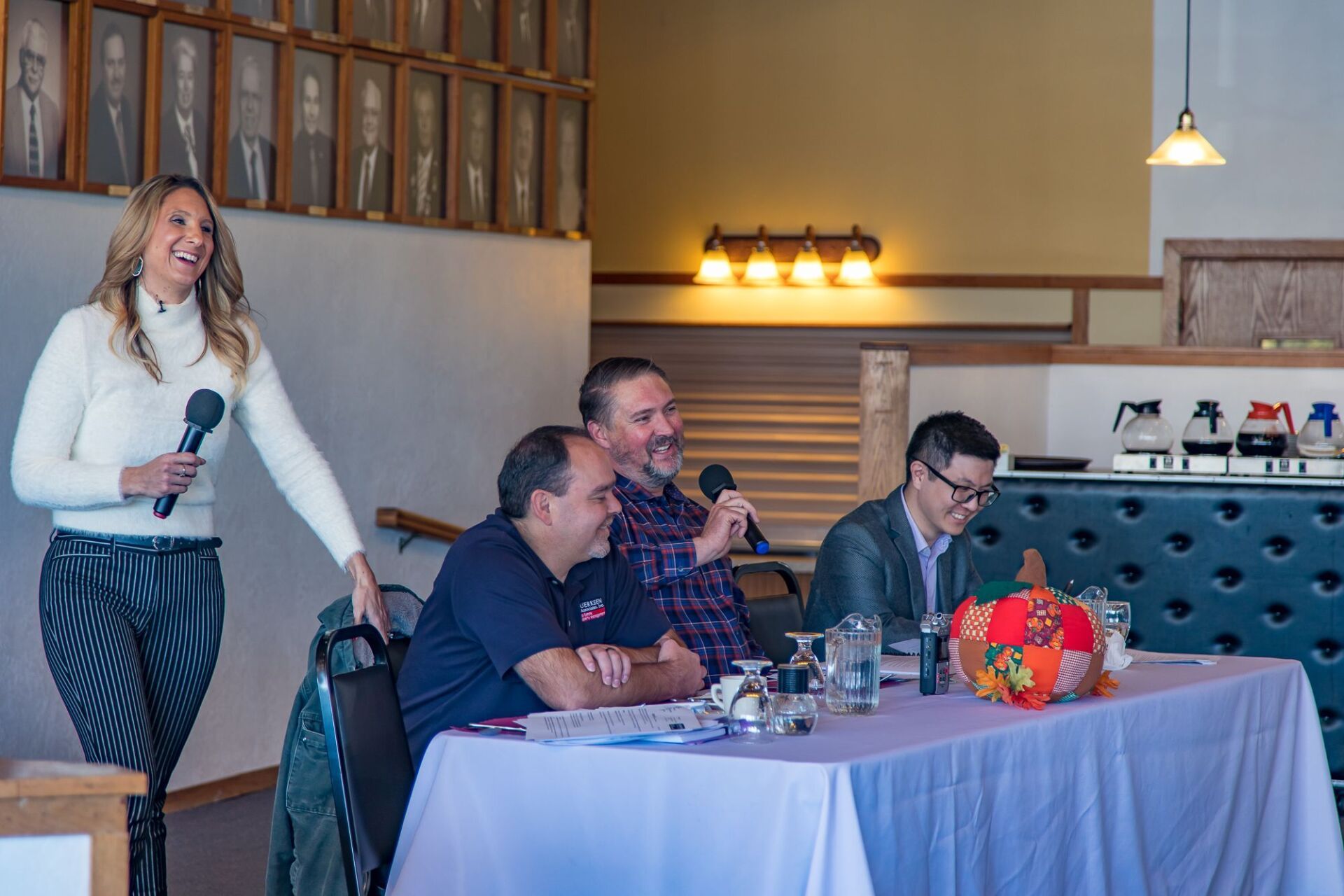
We, at Duerksen and Associates, started the community-led group Rental Property Management Group (RPMG) because we believe educating tenants starts with educating their landlords. RPMG has been a positive way to make changes in Corvallis for all parties involved in the rental process - tenants, property managers, and owners. Our goal is to help each other to be fair and kind, and to have consistency within our industry. It’s a place to support and learn from each other and to create a community others will want to use as a model. With the plethora of changes we are proud of, although there is still more to do, we have created consistency in our industry by meeting regularly. Together, we are learning to better understand how to navigate and apply Landlord Tenant Law in a fair and kind way, and getting to know other landlords and property managers in our community so we can work together. The biggest RPMG-led impact in our community so far has been the positive involvement we have had with neighborhood issues, the Corvallis Police Department, and Oregon State University. There is now a process with the police, property managers, and OSU to address partying and excessive noise in neighborhoods. Through RPMG, we are all talking to each other on a regular basis and collectively forming goals that will assist all of us in accomplishing a more unified system that benefits everyone. The progress we have made stands out as an example of cooperation never before seen in this community. The Rental Property Management Group mission includes: To show others that being positive, grateful, and consistent will not only benefit you but an entire community. To help people to do the right thing, educating them on what that means and becoming more involved. To establish a group of landlords that join together to improve the rental situation in Corvallis by providing education, both formally and informally, to all who want to improve the experience of landlords and tenants. Our work through RPMG has strengthened the partnership between property managers/owners, OSU, Corvallis Police Department, City of Corvallis, Corvallis Fire Department, E.P.A., Fair Housing of Oregon, and Veterans of Benton & Linn County to name a few. We have inspired change and understanding so we all live better, together. Our monthly meetings are open to anyone in the industry, and are a place where you can feel free to ask questions and make comments without fear of reprisals, teasing, or legal action. We invite topical experts you can learn from, and we can give continuing education credits to licensed people who attend. We are proud to be a source of education and commitment to our community of rental property owners and professional property managers. Click here to learn more or RSVP to a meeting.

Duerksen & Associates works hard to ensure that preventative maintenance is performed on all of our properties on an annual basis. From annual furnace cleaning, testing smoke detectors, and cleaning bathroom exhaust fans, it’s our responsibility to ensure that your investment property is in livable condition, and its residents are safe.
Let's Talk!
750 NW Cornell Ave,
Corvallis, OR 97330
Phone: (541) 753-3620
Fax: (541) 753-7639
General Inquiries: info@duerksenrentals.com
Owner Inquiries: steve@duerksenrentals.com
Resident Inquiries: tenant@duerksenrentals.com
